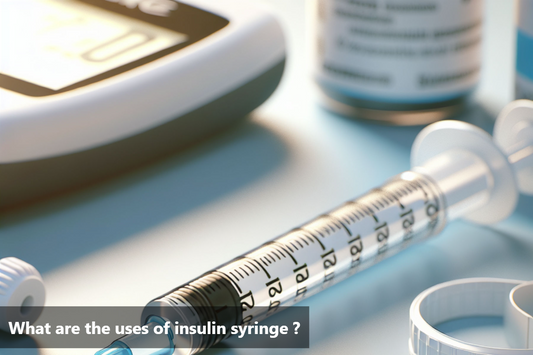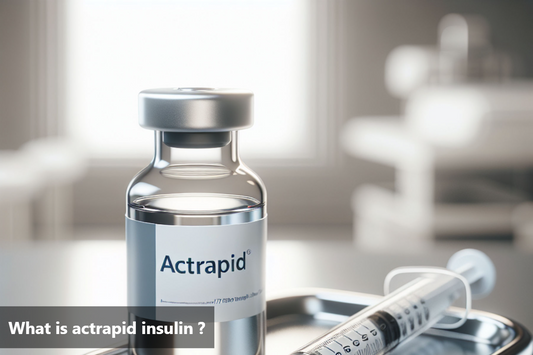Sucralose is a synthetic sweetener that is made by adding chlorine atoms to sugar molecules. It is approximately 600 times sweeter than sugar and is commonly used as a sugar substitute in various foods and beverages. Despite its sweet taste, sucralose is non-caloric and does not raise blood sugar levels, making it popular among people looking to reduce their sugar intake. However, like any artificial sweetener, sucralose has sparked some controversy and debate regarding its safety and potential health effects.
Health Concerns Related to Sucralose
Sucralose is a widely used artificial sweetener in the food industry, known for its intense sweetness without adding calories. However, there are concerns regarding the potential negative effects of sucralose on health.
Many studies and reports have raised alarms about the safety of sucralose consumption, linking it to various health issues. Some researchers suggest that sucralose may alter gut microbiota, leading to digestive problems and affecting overall gut health. Additionally, there are claims that sucralose might have carcinogenic effects, although substantial evidence is still lacking in this regard.
Controversies surrounding the safety of sucralose have sparked debates among health professionals, regulators, and the public. While some argue that moderate consumption of sucralose is unlikely to cause harm, others express skepticism and emphasize the need for more comprehensive research to ensure its safety.
Consumers need to be aware of these health concerns related to sucralose and make informed choices about its usage. As the discussions on its potential negative effects continue, it's essential to stay updated on the latest findings and expert opinions regarding the safety of sucralose.
Effects of Sucralose on Blood Sugar and Insulin
-
Sucralose has no immediate impact on blood sugar or insulin levels, making it suitable for people with diabetes or those managing their sugar levels.
-
Long-term studies on sucralose are limited, with some research indicating potential harm to gut health, which may indirectly affect blood sugar and insulin levels.
-
Most people can consume sucralose without issues, but individuals with specific health conditions or sensitivities to artificial sweeteners should exercise caution.
-
It is important to consider your health and diet before incorporating sucralose into your daily routine.
Can Sucralose Help with Weight Loss?
Sucralose, a popular fake sugar, has been debated for its connection to weight. Many studies show that using sucralose doesn't make you gain weight. It's seen as a low-calorie option instead of real sugar, which could help with managing weight. Because sucralose doesn't get processed in the body, it adds hardly any calories. This makes it a good choice for people who want to eat fewer calories and lose weight.
By using sucralose instead of sugar in foods and drinks, you can enjoy sweetness without taking in too many calories. Also, sucralose is much sweeter than sugar, so you need less of it to get the same sweetness. Using less sugar could lead to weight loss and better health. In the end, using sucralose alone might not lead to weight loss, but it can be a useful tool in a healthy diet and lifestyle to control calories and manage weight.
Dangers of Sucralose:
-
Sucralose has been associated with negative effects on gut health, as it may reduce the number of beneficial bacteria in the digestive system.
-
Some studies indicate that sucralose consumption could be linked to increased risk of developing metabolic disorders such as diabetes and obesity.
-
Despite being marketed as a low-calorie sweetener, sucralose has been reported to potentially disrupt glucose metabolism and insulin sensitivity.
-
Long-term consumption of sucralose has been suggested to have adverse effects on overall health, including potential damage to the liver and kidneys.
-
Research has raised concerns about the potential carcinogenic effects of sucralose, although more studies are needed to confirm this association.
-
Individuals with pre-existing digestive issues or those prone to migraines may experience worsened symptoms through the consumption of sucralose.
-
The aftertaste of sucralose has been reported to be unpleasant for some individuals, limiting its appeal compared to natural sweeteners.
The potential dangers associated with sucralose consumption are a cause for concern, with several studies linking its use to adverse effects on gut health, increased risk of metabolic disorders, and potential harm to vital organs. Additionally, the taste and possible underlying health risks have raised questions about the long-term use of sucralose as a sweetener.
Key Takeaways:
-
Sucralose deemed harmless by the FDA in regulated quantities
-
Emerging research suggests the need for a deeper understanding of long-term digestive implications
-
Mounting inquiries about gut bacteria response and related conditions in regular users
-
Sucralose may have negative impacts on stomach lining permeability or pH environments
-
Enjoying sucralose sporadically may be the best balance for sugar moderation
-
Combining with natural sweeteners instead of replacing outright is recommended
-
Skepticism and patience advised for a thoughtful path forward with new additives
Sucralose FAQs:
Q1: What is sucralose?
Sucralose is an artificial sweetener that is used as a sugar substitute. It is derived from sugar and is about 600 times sweeter than sugar.
Q2: Is sucralose safe to consume?
Yes, numerous scientific studies have determined that sucralose is safe for consumption. It has been approved by regulatory authorities around the world, including the FDA in the United States and the European Food Safety Authority.
Q3: Does sucralose have any calories?
Although sucralose is made from sugar, it contains very few calories. In fact, it has almost no calories and is considered a non-nutritive sweetener.
Q4: Can sucralose be used in cooking and baking?
Yes, sucralose is heat-stable and can be used in cooking and baking. It retains its sweetness even at high temperatures, making it suitable for a wide range of recipes.
Q5: Is sucralose suitable for people with diabetes?
Yes, sucralose can be a good option for people with diabetes as it does not raise blood sugar levels. It provides sweetness without adding carbohydrates or calories to the diet.
This Blog post is an initiative by DiabeSmart, to provide accurate and Nutritionist / Doctor approved information related to Diabetes. DiabeSmart is India's first Food brand designed specifically for Diabetics, that has been clinically tested on Diabetics and Pre-Diabetics to deliver 55% - 70% lower Sugar spikes. DiabeSmart is part of Lo! Foods - India's leading brand for Everyday Functional Health foods.















